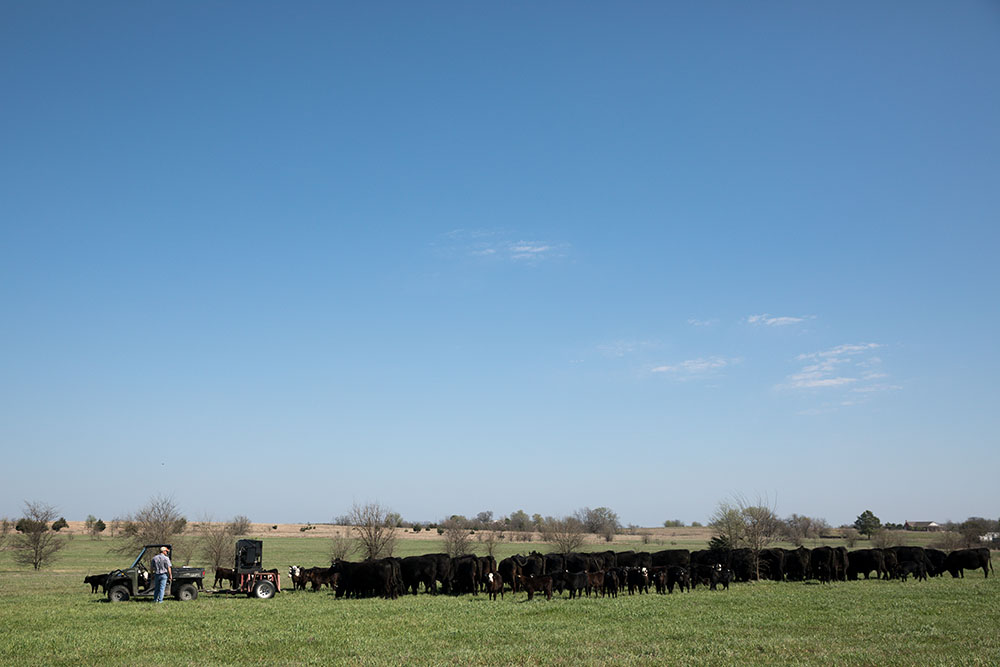At the core of beef sustainability stands a rancher on a continuous journey while raising and supplying beef across the country. Sustainability encompasses much more than environmental considerations. Today, a sustainable food supply balances efficient production with environmental, social and economic impacts.
To improve the sustainability of the beef industry, all production levels must work together. Further, we as an industry must participate in the sustainability conversation and not let sustainability be defined for us. In an effort to bring the industry together, the U.S. Roundtable for Sustainable Beef (USRSB) was formed in 2015 as a multistakeholder initiative. The USRSB was developed to advance, support and communicate continuous sustainability improvement in the U.S. beef value chain.
When the USRSB came together, a major challenge was to define how sustainability would be measured or demonstrated by beef producers throughout the different segments of the supply chain, from cow-calf producer to retailer. Together, the group developed and approved six high priority indicator areas: animal health and well-being, efficiency and yield, water resources, land resources, air and greenhouse gas emissions, and employee safety and well-being. These six sustainability indicator areas are meant to span the entire beef production value chain. However, within each beef production segment, the metrics that fulfill the indicators are different and specific. Developing the metrics for each segment has been a primary focus for the USRSB during the past year.
The metric development process has involved many phases and engagement from USRSB members. To make the metric development process successful, each sector identified its own metrics for each indicator. For example, the cow-calf sector metrics were developed by ranchers themselves, not by other sectors like the packers or retailers. There have been sector-specific champions leading the way throughout the process, from initiating in-person workshops, meetings and webinars to drafting multiple reports to provide an understanding of various perspectives along with adequate time for feedback.

To better understand sustainability and to test the indicators and metrics across the entire beef value-chain, from pasture to plate, the Noble Research Institute and collaborators are turning theory into action with a pilot project. This project engages the full beef supply chain to test the USRSB metrics, explore scalable solutions that could be applicable for beef producers across the country, and create opportunities to share data and best management practices up and down the value chain. Further, we aim to identify the “what else” pieces that should exist within the sustainability conversation. The pilot project collaborators are Integrity Beef Alliance, Noble Research Institute, Beef Marketing Group, Tyson Foods, Golden State Foods and McDonald’s.
All participants are committed to documenting and sharing information from each production phase to increase efficiency and improve sustainability throughout the supply chain. Each segment will measure progress on key sustainability indicators based on the metrics agreed upon by the USRSB. Above all else, this is a learning opportunity for those involved in the pilot project as well as for everyone within the beef production value chain. As we learn, we will share and grow. Together, we will keep moving forward because sustainability is a continuous journey, not an endpoint.
Source: Noble Research Institute



Leave A Comment